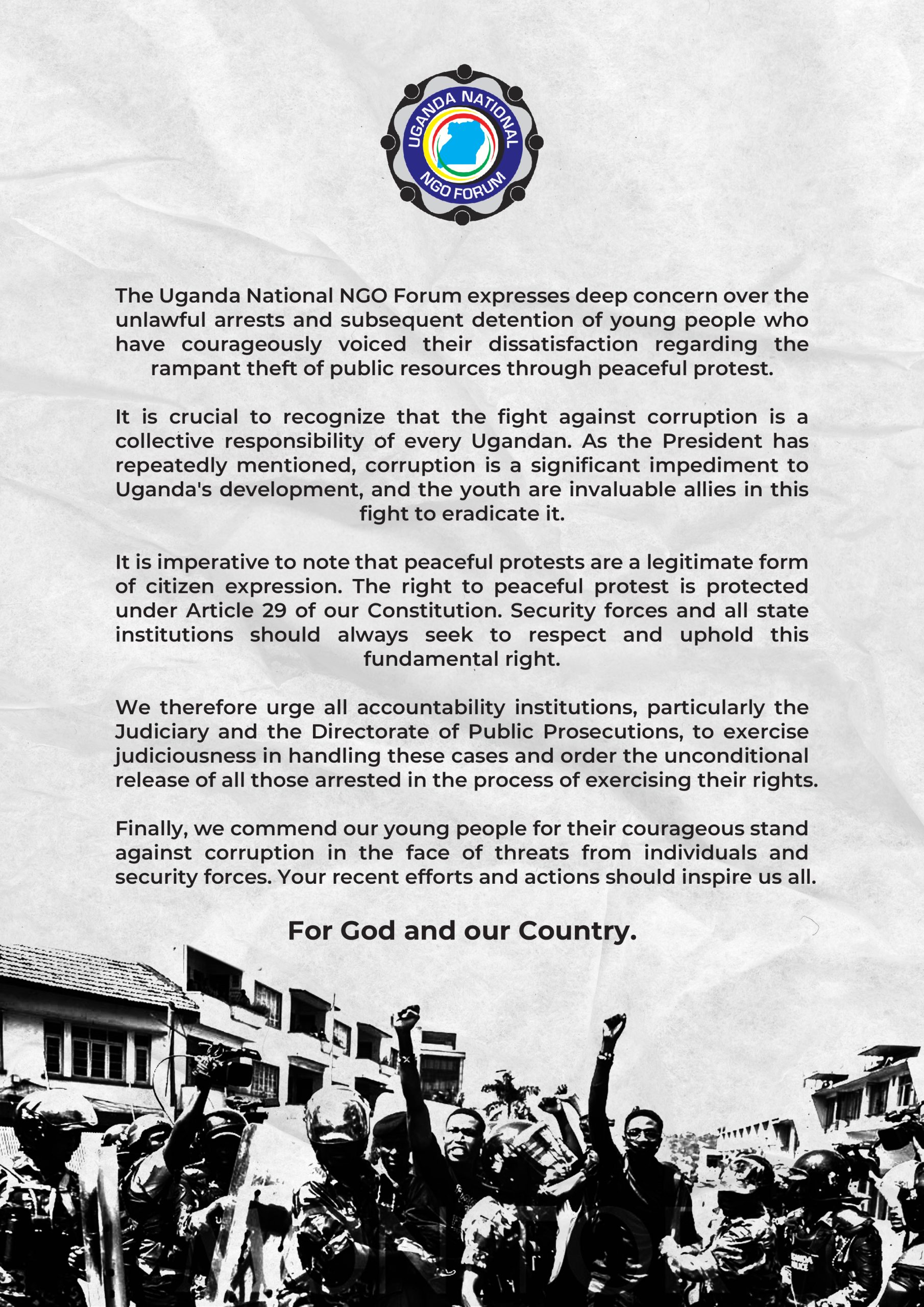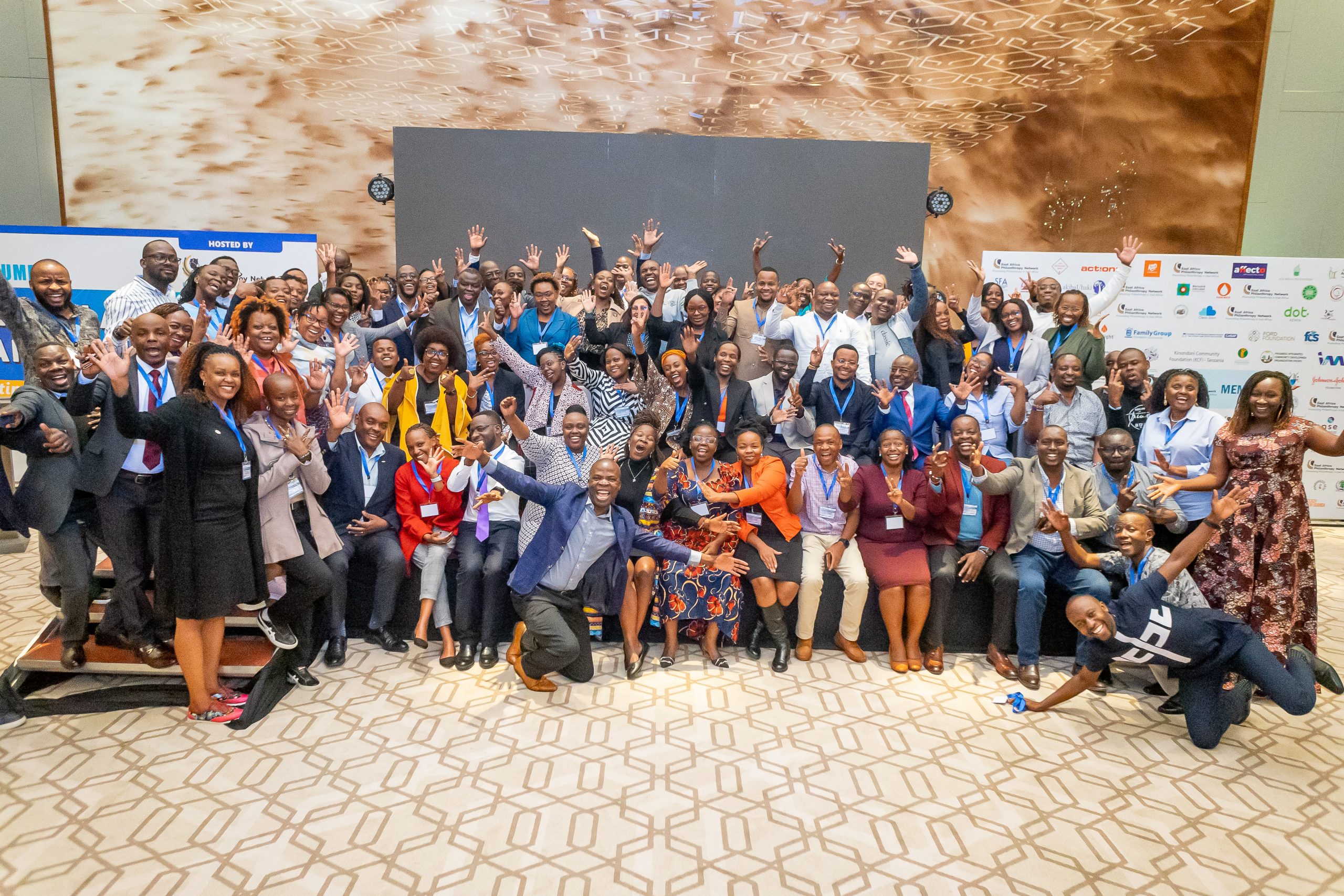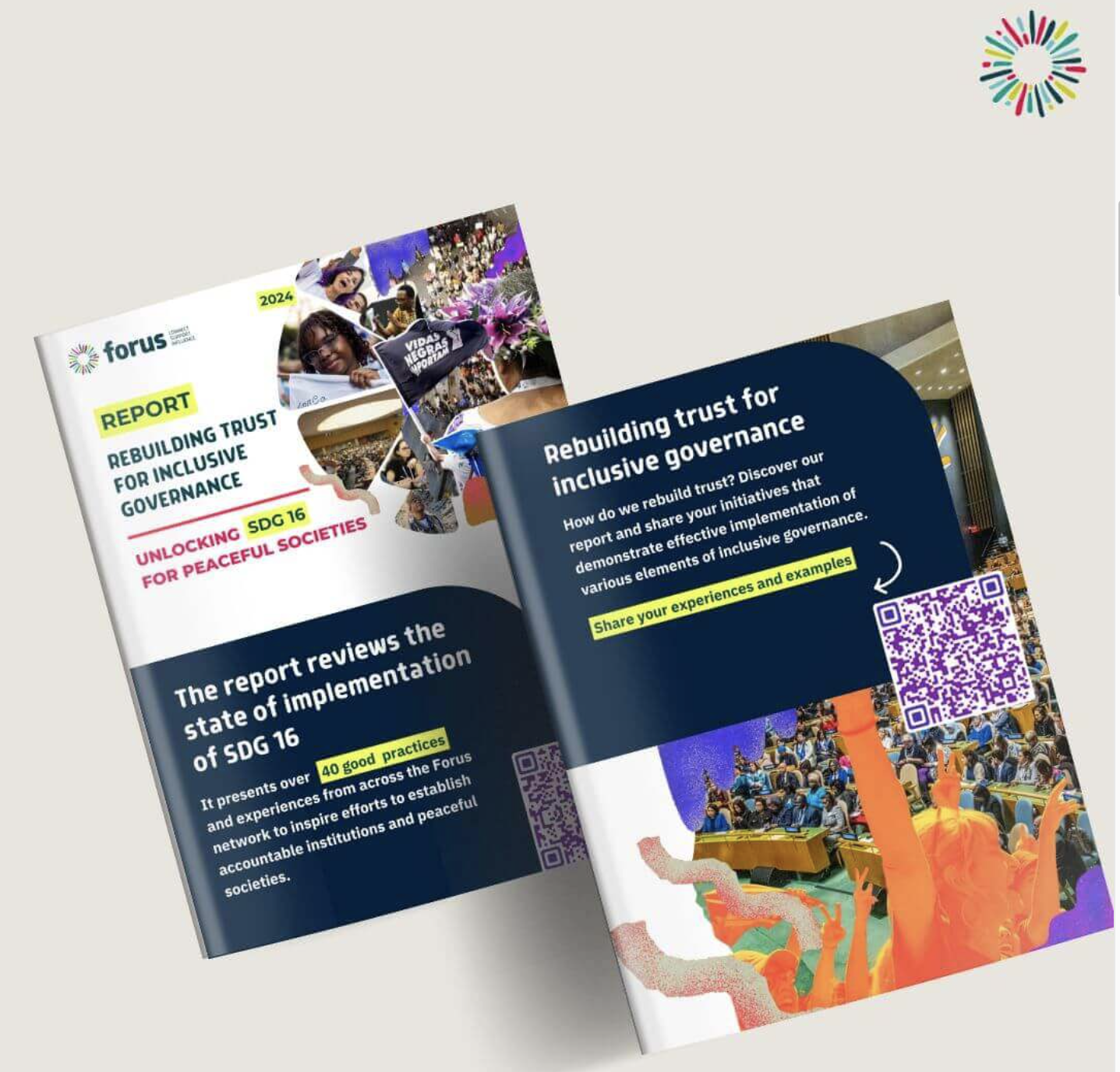“Your Children Will Pay For What You Do,” Students Caution Politicians
The afternoon of Friday the 23rd of October was one filled with passion and brutal honesty as analysts, students, civil society actors, academia, thought leaders and members of the security forces assembled in Makerere University’s Main Hall to discuss Uganda’s preparedness for the 2016 general elections. This event, The Road to 2016 National Dialogue, was organized by the Uganda National NGO Forum.
For the undecided citizen who came to the hall hoping for inspiration to vote, the views and arguments shared offered no such thing. From damning the government’s treatment of opposition, to criticising the Electoral Commission’s partisan handling of the electoral process, citizens’ prediction of the 2016 election was more blurred and pessimistic than optimistic.
One participant commented, “why should we participate in an election whose outcome has already been decided? Is it a ritual?”This question galvanised the central issue in contest which revolved around the context in which the election is taking place.
In his keynote address, Prof Jean John Barya described the ruling party as a convenient vehicle for advancing the interests of a neo-patrimonial state headed by an ‘Emperor’. His assertion was augmented by a comprehensive analysis of the status quo characterised by a powerful presidency and weak institutions.
Yet no quarter was as damning of the ruling party’s credibility as the audience’s jeers and cheers when its representatives failed to answer their questions directly; They wanted to know what agenda the ruling party has for the youth; why the government is so convinced that NGOs are enemies of the state yet they provide employment and information to youth; why unlike the NRM candidates, the opposition parties were blocked from accessing their voters; and why the government refused to consider comprehensive Electoral Reforms as presented in the Citizens Compact on Free and Fair Elections.
An attempt to respond to these questions with rhetoric was met with contempt as the students declined to be taken for granted thence reminded the older generation of how their children would pay for their actions today.
On a rather brighter side, the house unanimously applauded government’s success in securing Uganda’s borders and maintaining peace and security as a right but criticised the army’s involvement in politics.
In the end, the question that lingered on the participants’ minds is why one would expect and a Free and Fair Election organised by party whose own internal elections are characterised by bribery and violence. Nothing surmised this sentiment better than Mr. Godber Tumushabe’s view that the future of this country will be determined by dialogue and not elections.



